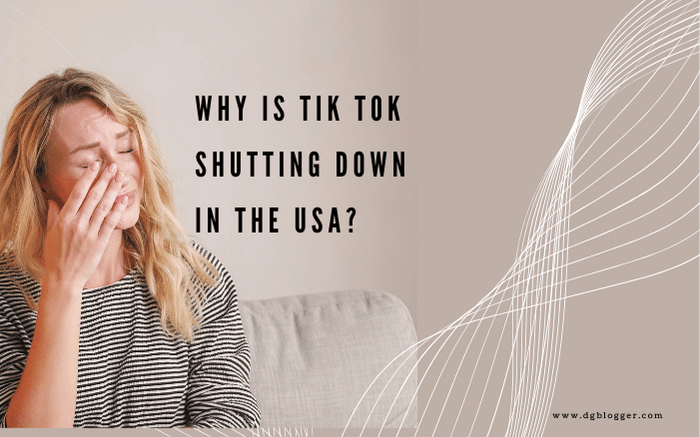In a dramatic flip of activities, TikTok, the immensely popular video-sharing platform, has formally ceased operations in the United States. This shutdown, which happened on January 18, 2025, has left millions of users bewildered and concerned about the implications for his or her digital lives. With around one hundred seventy million users in the U.S., TikTok’s sudden disappearance raises numerous questions about country wide security, data privacy, and the destiny of social media.
The criminal landscape
The catalyst for TikTok’s shutdown stems from a regulation passed by Congress that calls for its Chinese language figure employer, ByteDance, to divest from its U.S. operations. The law was enacted due to escalating national protection worries regarding information privacy and the ability for the Chinese government to get admission to sensitive statistics about American users. This regulation was upheld by means of the U.S. best courtroom just days before TikTok’s self-imposed deadline.
The courtroom’s ruling became clear: TikTok ought to now not operate in the U.S. until it severed ties with ByteDance. This ruling successfully placed TikTok in a precarious role—either promoting its U.S. operations or facing a whole shutdown. No matter who tried to challenge the law in court, TikTok’s arguments had been met with resistance, and the organisation in the long run decided to go dark rather than follow what they deemed an impossible demand.
The users Freedom
For many users, starting TikTok on that fateful night resulted in a disheartening message: “Sorry, TikTok isn’t to be had properly now.” For the 170 million people who had come to rely on the app for entertainment, creativity, and connection, this abrupt halt felt like losing part of their day by day lives.
TikTok had become more than only a platform; it was a cultural phenomenon that fashioned developments, launched careers, and fostered communities. Creators who built their brands on this platform all at once observed themselves at a crossroads. The emotional impact of this shutdown cannot be overstated—many customers expressed their discontent on opportunity structures, sharing their reminiscences and reviews at the same time as lamenting the lack of their favorite app.
The Political Context
The shutdown additionally reflects broader political tensions among the U.S. and China. issues about statistics protection were amplified through ongoing geopolitical issues, leading to heightened scrutiny of chinese-owned businesses running in the us. While some lawmakers argue that banning TikTok infringes upon free speech rights, others maintain that national security takes priority over individual liberties.
Curiously, as President-go with Donald Trump prepares to take office once more, he has hinted at feasible interventions to keep TikTok. His management may additionally explore alternatives to delay the ban or facilitate a sale of the app’s U.S. operations. This political tug-of-conflict provides every other layer of complexity to an already fraught state of affairs.
The destiny of TikTok
At the same time as TikTok’s instant future stays uncertain, there are potential paths ahead. One opportunity is that ByteDance ought to be trying to find an American buyer inclined to navigate the legal panorama and make certain compliance with U.S. guidelines. However, locating a consumer inclined to tackle the sort of excessive-stakes undertaking may additionally prove challenging. Furthermore, as customers migrate faraway from TikTok on the lookout for options like Instagram Reels or YouTube Shorts, the competition for target market engagement will intensify. Creators who as soon as thrived on TikTok may want to conform quickly to new systems to keep their attainment and influence.
The wider Implications
The shutdown of TikTok serves as a stark reminder of the way intertwined era and politics have come to be in our modern-day world. It increases critical questions on information privateness, ownership, and the quantity to which governments can adjust virtual platforms operating within their borders.
As we pass forward into an increasing number of virtual futures, it’s vital for both customers and policymakers to have interaction in conversations about responsible era use and statistics safety. The fallout from this example should form destiny legislation affecting not only social media but also other tech industries.
The End: a new era for Social Media
In conclusion, at the same time as TikTok’s shutdown marks an enormous second in social media history, it also opens doorways for brand spanking new opportunities and demanding situations in the virtual landscape. As customers adapt to adjustments and discover opportunity systems, creativity will continue to flourish—albeit in distinctive paperwork.
Whether or not TikTok will have upward thrust from its ashes remains uncertain; however, one factor is apparent: like it or hate it, TikTok has left an indelible mark on our subculture and how we interact online. As we navigate this evolving landscape together, let’s take into account that while systems may come and cross, our collective creativity and choice for connection will constantly discover a manner to polish via!














